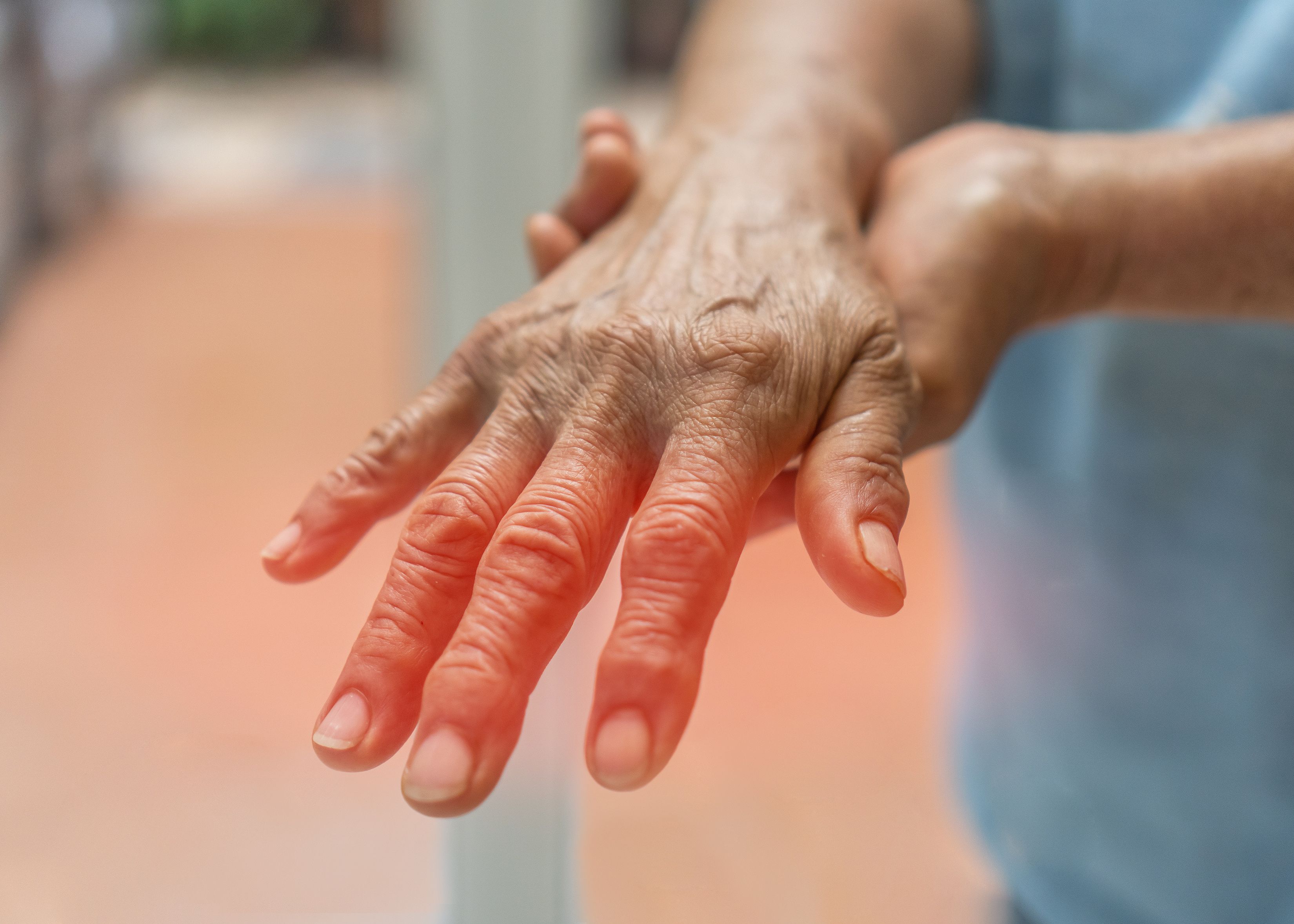HyQvia Gets FDA Approval for Chronic Inflammatory Demyelinating Polyneuropathy Maintenance
Patients with chronic inflammatory demyelinating polyneuropathy administered HyQvia showed a statistically significant difference between relapse rates compared with placebo.
Image credit: Chinnapong | stock.adobe.com

The FDA has approved Takeda’s HyQvia [immune globulin infusion 10% (human) with recombinant human hyaluronidase] as a maintenance therapy to protect against relapse of neuromuscular disability and impairment in adult patients with chronic inflammatory demyelinating polyneuropathy (CIDP). HyQvia, the only subcutaneous immune globulin infusion that can be administered once monthly, was initially approved by the FDA in 2014 for the treatment of primary immunodeficiency in adults.1
“With the FDA approval of HyQvia for CIDP, which builds on our expertise in rare neuroimmunological and neuromuscular disorders, we can now offer a personalized maintenance treatment option for adults with this debilitating disease,” Giles Platford, president of the Takeda Plasma-Derived Therapies Business Unit, said in a press release. “Research and clinical experience have shown that IG therapy is effective as maintenance treatment in adults with CIDP, and we hope that this approval for HyQvia is the first of several around the world as we strive to deliver our broad and diverse IG portfolio to more people with complex neuroimmunological diseases.”1
HyQvia, a liquid drug infused under the skin into fatty subcutaneous tissue, contains immunoglobulins collected from the human plasma that maintains the body’s immune system. The hyaluronidase in HyQvia enables more immunoglobulin to be absorbed into the body. The drug derives its therapeutic effect from immune globulin infusion. The recombinant human hyaluronidase of HyQvia increases the dispersion and absorption of immunoglobulins. HyQvia provies a broad spectrum of opsonizing and neutralizing IgG antibodies that act against a wide variety of bacterial and viral agents.2
The regulatory action was based on findings from the randomized, double-blind, placebo-controlled ADVANCE-CIDP 1 trial, as well as ADVANCE-CIDP 3, a single-arm, open-label, extension study. Investigators enrolled 122 patients from ADVANCE-CIDP 1 with a confirmed diagnosis of CIDP and who remained on a stable dosing treatment regimen of intravenous immunoglobulin (IVIG) for at least three months before screening.
Patients were randomly assigned to receive HyQvia or placebo at the same dose and infusion frequency as their IVIG regimen of every two, three, or four weeks for six months or until withdrawal or relapse. Patients who did not experience a relapse were given the opportunity to continue treatment with HyQvia as part of ADVANCE-CIDP 3. The open-label extension study assessed the long-term safety, tolerability, and immunogenicity of the medication in patients with CIDP who completed ADVANCE-CIDP 1.
The results demonstrated a statistically significant difference between relapse rates in patients administered HyQvia (N=57, 14.0%) compared with placebo (N=65, 32.3%) (p=0.0314), which was the trial’s primary endpoint. According to the investigators, the treatment difference of -18.3% (two-sided 95% CI: -32.1%, -3.1%) shows demonstrated superiority with Hyqvia vs. placebo in preventing CIDP relapse.
In terms of safety, the most common adverse events reported in >5% of patients with CIDP administered HyQvia were local reactions, headache, pyrexia, nausea, fatigue, erythema, pruritus, increased lipase, abdominal pain, back pain, and extremity pains.1
“While it is considered the standard-of-care for maintenance treatment of adults with CIDP, IVIG infusions may be challenging for some patients and their caregivers,” said Lisa Butler, executive director, GBS-CIDP Foundation International, in a press release.1 “We’re excited that this therapy could offer some adults with CIDP an alternative subcutaneous option that may address some of these challenges and help personalize treatment.”
References
1. U.S. FDA Approves Takeda’s HYQVIA® as Maintenance Therapy in Adults with Chronic Inflammatory Demyelinating Polyneuropathy (CIDP). Takeda. News release. January 16, 2024. Accessed January 17, 2024. https://www.takeda.com/en-us/newsroom/news-releases/2024/us-fda-approves-takedas-hyqvia-as-maintenance-therapy-in-adults-with-chronic-inflammatory-demyelinating-polyneuropathy-cidp
2. Package Insert – HYQVIA. Takeda. Accessed January 17, 2024.